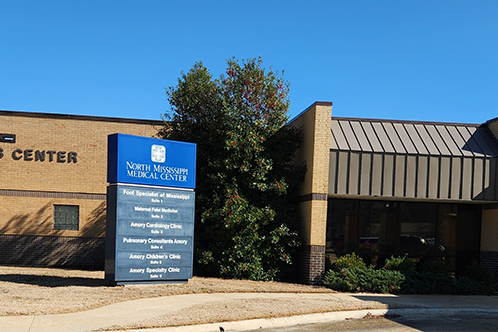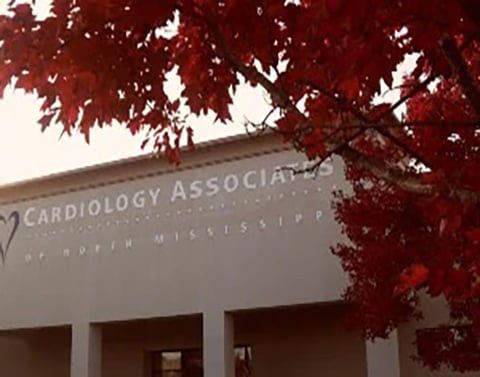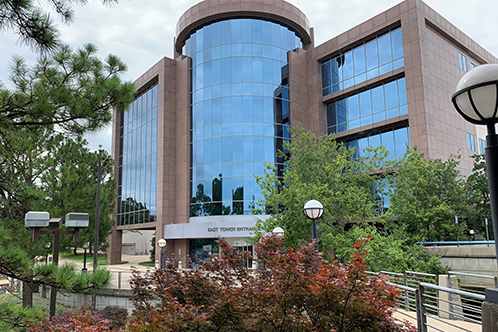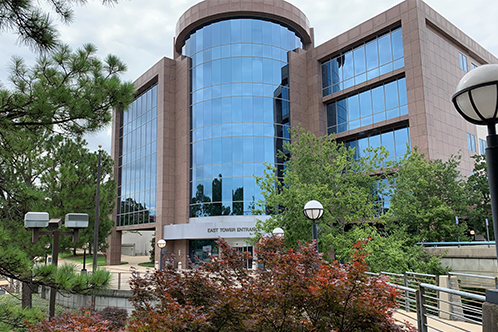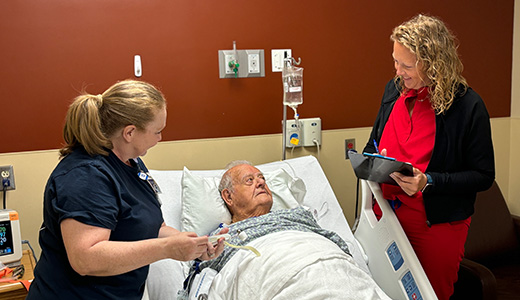
Heart Attack
Heart attack is a life-and-death emergency. Our team has reduced treatment time for heart attack victims and offers the most advanced treatment available.
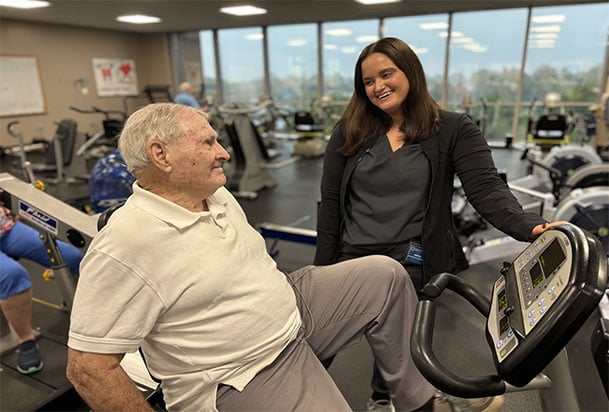
Every Second Counts
At NMMC, heart attack victims can benefit from the latest medications and treatments. To be effective, we must act quickly after heart attack symptoms first appear.
North Mississippi Medical Center staff has focused on reducing treatment time for heart attack victims, and our hard work is paying off.
Door-to-Balloon Time
The time between a patient’s arrival at the hospital and reperfusion (restored blood flow) is called the door-to-balloon time. Guidelines from the American College of Cardiology recommend a door-to-balloon time of 90 minutes or less for patients experiencing ST-segment elevation myocardial infarction (STEMI), or heart attack caused by a completely blocked artery.
Almost 100% of heart attack patients at NMMC experience a door-to-balloon time of 90 minutes or less.
EKG
When you come to the ER with chest pain, the staff has a “standing order” to do an EKG, which means they can rush to do it without waiting for a physician’s order. While the EKG is being done, they take your vital signs, draw blood, administer oxygen and give aspirin if indicated. All this is being done before the ER physician even enters the room.
If the EKG shows a heart attack, the ER physician notifies the cardiologist and the Cardiac Catheterization Laboratory, and everyone scrambles into action. Certain clot-preventing drugs are given automatically. The cardiologist gets your history and examines you while the Cath Lab staff prepares to do the procedure.
Because the cardiologist and Cath Lab staff are activated immediately, we lose no time between the ER and the actual procedure. If you come by NMMC ambulance or CareFlight medical helicopter, paramedics do an EKG on site and notify the ER physician of results. Patients who come to NMMC from another hospital’s ER, are taken directly to the Cath Lab.
Cardiac Catheterization Laboratory
In STEMI cases, cardiologists perform emergency angioplasty. The cardiologist threads a thin wire with a tiny balloon on the end through an artery to the blockage. Inflating the balloon clears the blockage and restores blood flow to the heart. Many times a wire mesh tube, called a stent, is also placed to help prop the artery open and prevent re-blockage. The longer the artery is blocked, the more damage it does and the greater the risk for complications. The faster blood flow is restored, the better you will fare.
Mississippi Healthcare Alliance
NMMC is a founding member of the Mississippi Healthcare alliance, a network of hospitals and cardiologists throughout Mississippi designed to improve treatment for heart attack victims statewide. This group’s purpose is to set a standard form of therapy that all heart attack patients should receive, and to improve access to heart catheterization labs around the state. The goal is to save lives and improve outcomes.
Related Locations
Related Resources
View AllState-of-the-art cardiac care only matters if we know the state of your heart. Request a screening online or call 1-800-843-3375.
